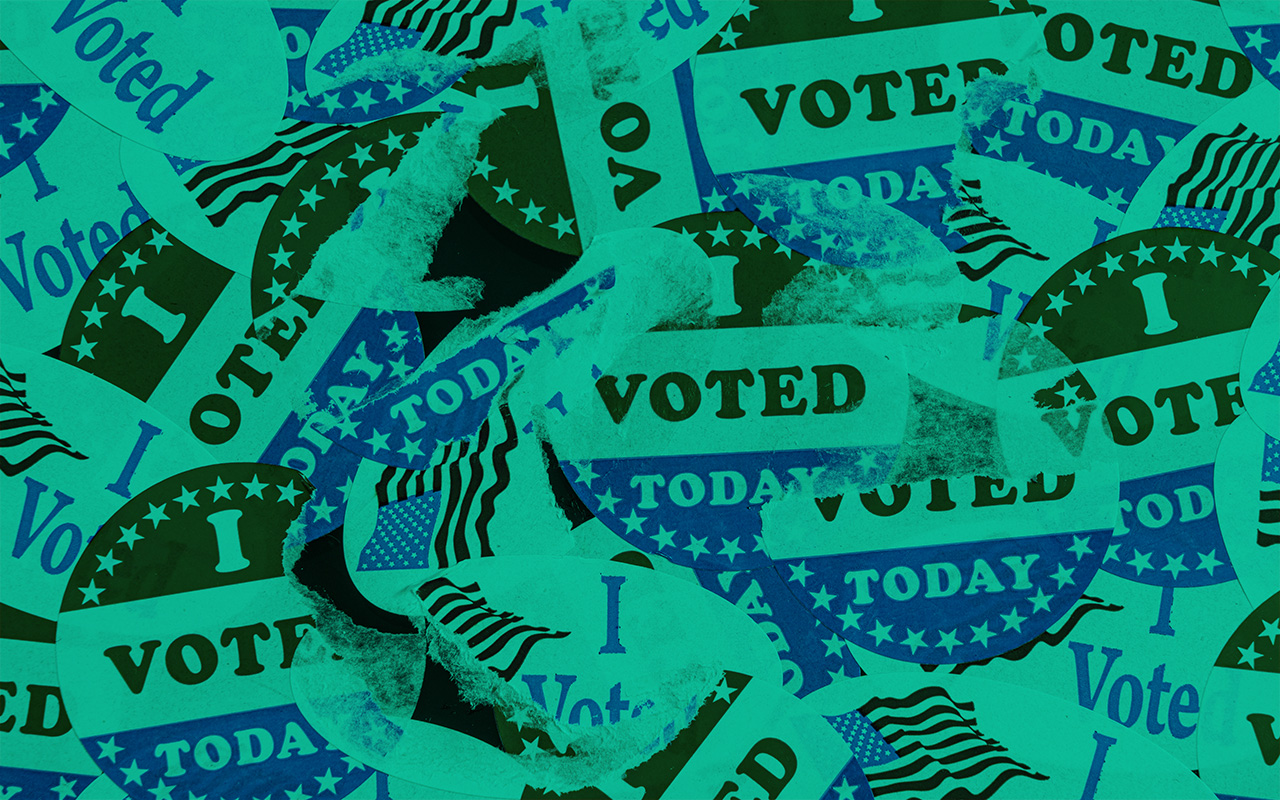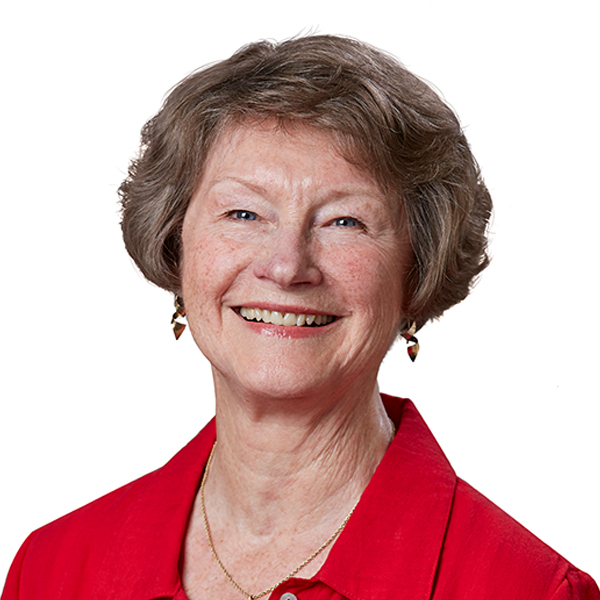Vote ‘Yes’ on Democracy.

Vote ‘Yes’ on Democracy
“When voices are silenced in elections, democracy withers,” says Wendy Mariner.
This central issue around voting restrictions has played out in Congress and state legislatures across America this year, and has also spurred the former Edward R. Utley Professor of Health Law, Bioethics & Human Rights at the School of Public Health to sharpen her focus on advocating for voting rights in her first year as professor emerita.

After 34 years of teaching with “the best health law and ethics faculty in the country,” Mariner retired from her professorships at SPH, the School of Medicine, and the School of Law in December 2020, but she remains active and committed to sharing her vast knowledge of the US legal system and the impact of laws on issues concerning fair elections, healthcare access, health equity, and social justice.
Mariner attended Columbia Law School during the Civil Rights Movement and the Vietnam War, and she says her retirement came at a full-circle moment amid the nation’s racial reckoning and widening divide on legal issues that impact public health.
“I wanted to learn how laws shape our world and how they can push for justice,” Mariner explains. What she learned, she says, is that laws allocate risks—and that risks to health arise from social determinants. “That concept wasn’t well recognized when I first began teaching, and at SPH, I’ve tried to examine and teach how our laws shape everything from reproduction to education, housing to food supply, gun violence to medical care, and especially poverty to epidemics.”
Beyond the social determinants of health exists an even deeper influence on health risks, she says—voting in elections.
“Voting chooses our legislatures, and thus, our laws,” she says. “Today, too many voices have not been heard over what our laws should be—mostly the voices of those who suffer the greatest risks in society: the poor, women, people of color, LGBTQ Americans. People aren’t choosing their representatives; representatives are choosing their voters.
“So, I’m very happy to become emerita and stay engaged with the school and its mission, and to continue this work as an advocate for voting rights and fair elections.” Mariner has also served in several legal organizations. As past chair of the American Bar Association’s Section on Civil Rights and Social Justice, she launched and now chairs a task force on fair elections and voting rights.
She has also coauthored three editions of the textbook Public Health Law and published more than 100 articles on patient and consumer rights, healthcare reform, health insurance benefits and regulation, reproductive rights, and more. Mariner continues to write about these issues, in particular, the Affordable Care Act, as well as the likelihood of a national health insurance program, a move she supports.
“I did not think that we would have anything resembling universal healthcare by the time I retired, but now I think we can,” Mariner says.
“But we’re going to have to work very hard to keep these successes that we have enjoyed. We have to continue to pay close attention to the law. Otherwise, we could lose our democracy.”